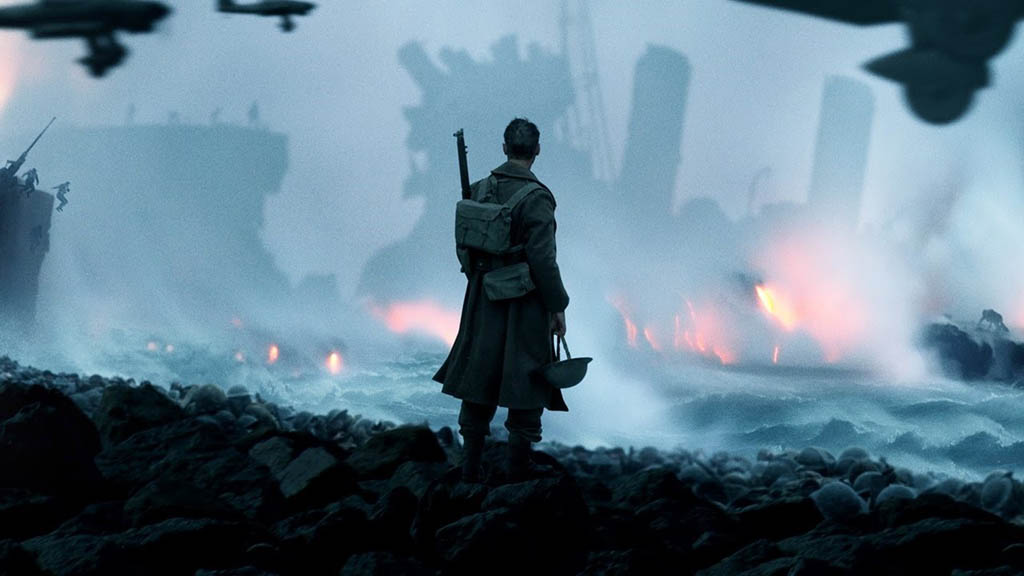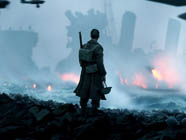Christopher Nolan’s war epic is one that will leave audiences feeling warm deep inside.

If the aim of movies were to entertain, tell a compelling story and evoke strong emotions within the audience, then director Christopher Nolan’s (The Dark Knight, Inception, Interstellar) Dunkirk has surely succeeded in doing so.
This uniquely depicted war epic recounts an early harrowing campaign during the World War II when Nazi Germany invaded France, leaving thousands of British and French troops stranded on the beaches of the seaside town of Dunkirk. With the Allies losing ground quickly and soldiers awaiting evacuation, the British launch Operation Dynamo, an initiative that called upon civilian boatmen to sail amid enemy-infested waters and aid in the evacuation of the troops.
The movie was told from three different perspectives – land, sea and air – to completely encapsulate the experience of what it’s like to be in any one of those elements. The movie had also somewhat muted the physical horrors of war to shine the spotlight on moral horrors, leaving desperate soldiers in the face of decisions that could mean living or dying and highlighting individual acts of heroism by choice among the uncertainty of war.
Despite the fact that the movie showcased the visual bombast of one of Hollywood’s most creative and talented minds, perhaps the biggest problem was in the cinematography itself. Nolan experimented with time and showed the three different perspectives in a staggered arrangement at different points of time.
This had the potential for confusing the audiences. Worse, it could dull the emotions they have felt before. Another problem was Nolan’s choice to prioritize patriotism of the characters over any real character development. Thus, the main characters lacked depth and complexity, which could leave in the audience feeling detached from the movie.
Although Dunkirk could be largely confusing if you don’t follow the story closely, it did put something across very bluntly: the capacity of man to do good. In times of crisis and desperation, civilians would risk their lives and wad into the war to bring their fellow countrymen home, testing the mettle of men to the very limit and proving the resilience of the people.
The movie closed with Winston Churchill reciting his famous speech: “We shall fight on the beaches, we shall fight on the landing grounds, we shall fight in the fields and in the streets, we shall fight in the hills; we shall never surrender.”
Overall, the movie speaks about how a country banded together when it was pushed to the brink of destruction and how civilians reached out to help bring soldiers home to safety. It is just the sort of movie that would warm the cockles of your heart. Nonetheless, I feel that this is one film that would only truly appeal to a very niche audience war film and history buffs.
Rating:★★★☆☆






